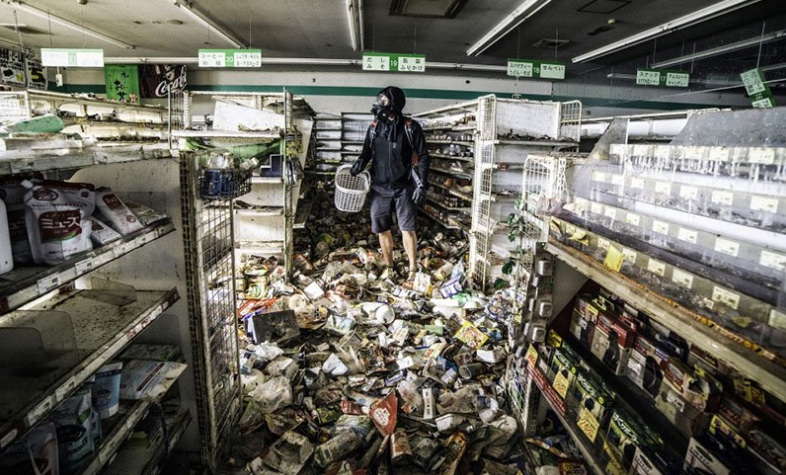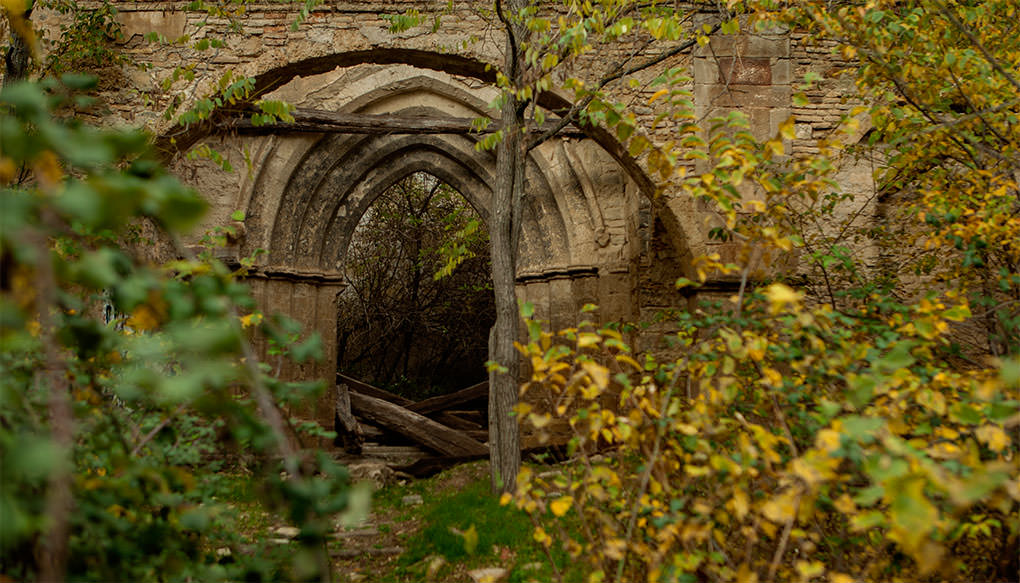

Students also share that they do their best to respect and not interfere with construction workers or squatters. However, the Penn students interviewed for this article are adamant about peacefully passing through buildings and not contributing to spray paint or tagging. Urban exploration is risky beyond its physical dangers since participants caught trespassing are subject to its legal ramifications. To that end, Rushil considers his hobby an exciting and informative way to discover Philadelphia. Through urban exploration, Rushil says, he feels “connected to the more historic aspects of the city.” He notes that popular student haunts like Rittenhouse Square can feel "touristy" and quickly become stale. He deep–dives into previous ownership and watches videos of other people surveying the area. Today, Rushil continues the practice while at Penn, experiencing what he says is "a better understanding of Philadelphia's past." Before visiting a site, he loses himself in hours of research. He sometimes visits buildings under construction with friends to practice sky–high long exposure photography and taking dramatic pictures of building interiors.įor Rushil Vellala (C '24), urban exploration allowed him to spend time with friends during the beginning of the COVID-19 pandemic. Kai is known at Penn for his photography Instagram account, which showcases stunning views-which he captures himself-of Philadelphia's skylines. "I make sure I'm calm when exploring," he says.While the practice is undeniably exhilarating, it's also a medium for spending time with friends and creating art. Kai Mai (W '25) also participates in urban exploration, but he only ventures onto rooftops in good weather. “Every time I get back, my understanding of Philly gets a little bigger,” she says. Not only does she learn about the city, but for her, urban exploration is also a way to exit the Penn bubble, engaging with local small businesses along the way.

Urban exploration led her to uncover valuable pieces of Philadelphian history-a shuttered boxing ring, an old estate, and shut–down subway lines.

“It’s not about breaking the rules, it’s about finding something new,” Laura says. Plus, according to her, scouting out outdoor spaces is equally as satisfying and doesn't carry the same risks of inspecting the insides of buildings. She also recommends urban exploring with other people. Laura says she tries to be smart about the places she enters and has decided not to explore certain locations she deems unsafe. She enjoys finding new places in her hometown Pittsburgh and in Philadelphia as well. South Philadelphia resident and urban exploring photographer Rebecca Bunting died in 2018 when a flash flood drowned her while she was photographing a storm drain in Northeast Philadelphia.Īs for current Penn students, Laura Brodkey (W '25) is an avid urban explorer. In the summer of 2021, Scottish art student Ethan Bonnar died when the roof of a deserted dairy factory caved in while he was walking on it. These accidents, often involving young people pushing boundaries, echo close to home. Despite the obvious thrills and breathtaking views, any overhead misstep can lead to disaster.Ĭritiques of urban exploration point to real–life tragedies that resulted from the pastime. Additionally, this forbidden probing is also marked by trips to rooftops only meant to be accessed by authorized professionals. These buildings may also have environmental hazards, like exposed asbestos or black mold, which could result in long–term health issues for visitors with prolonged exposure. Urban explorers often visit uninhabited, derelict buildings, where the threat of collapsing floors or ceilings is always present. The physical risks of urban exploration are clear. Detractors of urban exploration cite the deadly risks and morals of trespassing however, Penn students try to minimize the risk and use urban exploration as a way to create art, spend time with friends, and engage with the city. This magnetism, as well as the thrill of occupying spaces when one most definitely should not, encourages the growing practice of urban exploration, in which people visit abandoned spaces or buildings under construction.Īs expected, this thriving subculture has made its way to Penn's campus. In these spaces, stories of past inhabitants are almost palpable, and the space's future is a looming mystery. After all, there's an undeniable allure to investigating these empty sites. If you're an adult on the Internet, you likely see photos of these desolate urban spaces constantly.


 0 kommentar(er)
0 kommentar(er)
